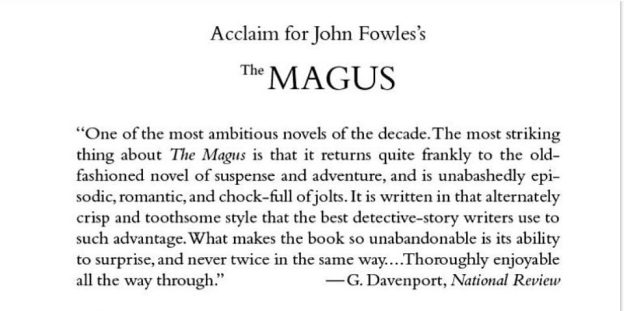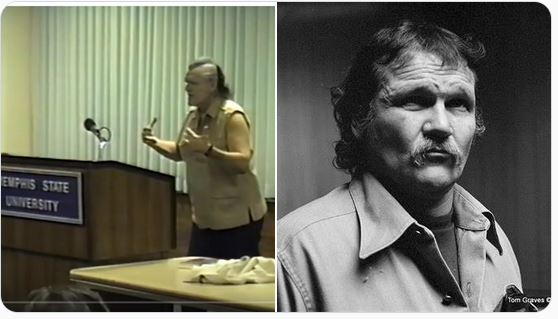In civilized Singapore, as opposed to savage Gatwick, ‘any airport staffer who even hinted at attempting such behavior towards the general public would incur serious jail time at best, and a good hearty caning at worst’
My Australian book editor, for whose integrity I can vouch, reports as follows from the freakorama war zone of London airport “security”:
After 20 years of enduring the chief “entertainment” spectacle offered at America’s biggest international airports – namely, the enthusiasm with which certain uniformed security guards molest as many female passengers as they can while still avoiding formal charges of sexual assault – I thought that I was pretty much inured to anything that modern airport culture could inflict upon hapless travelers. I was wrong.
Why was I wrong? Because until this morning, I had never been to Gatwick in London.
The difference between even the worst TSA behavior stateside, and on the other hand what goes on at Gatwick, is like the difference between a teenage street punk and an Obergruppenführer. No, Gatwick’s uniformed thugs don’t inflict their sexual advances on anyone. And no, unlike the original Obergruppenführers, they don’t hate Jews more than they hate anyone else. They prefer to spend most of their working hours screaming apoplectically, in some lunatic patois that bears scarcely any relation to intelligible English.
I had to chaperone through Gatwick an octogenarian female acquaintance with intermittent dementia. Naturally I did not expect that anything remotely resembling actual politeness would be shown to her or me. I merely expected that I would be able to comprehend the putative English of the bellowing bullies who snatched away our passports without the smallest suggestion of saying “please”, since after all they were too busy shoving and pushing my octogenarian companion from wheelchair to trolley (she is also too lame to walk more than a few steps unaided).
Curiously enough, each time I asked them a perfectly civil question about how long they planned on delaying our exit from the airport, and why they were treating us – along with numerous other passengers – like common criminals, their bellowing abruptly stopped. Perhaps they had been suddenly stricken with deafness. An understandable bodily reaction to hearing their own screeching voices over, presumably, decades. (They were not, shall we say, characterized by obvious youthfulness.)
Similar silences greeted my polite requests for the location of the airport’s Uber access. I formed the conviction that at present-day Gatwick, Uber is the equivalent of a clandestine abortion clinic in Ireland circa 1954. All the locals know about it, but not one will admit to it, although the Hibernian analogy might well break down when one remembers that at least the Irish – unlike the People’s Republic of Gatwick’s commissars – can speak English.
Altogether it took a scarcely credible two and a half hours between the time we disembarked at Gatwick (following a 23-hour flight from Melbourne) and the time that we finally found an Uber driver prepared to transport my octogenarian companion to her London hotel. It should go without saying that several of the most obviously insolent staffers wore jackets emblazoned with the words “Happy to Help.”
Why must this petty thuggery against complete and harmless strangers occur at all? Doubtless people like my companion and myself are, admittedly, just cradle-to-grave losers in the wider scheme of things.
Yet among the millions of Gatwick arrivals being subjected to Third World ululations are, it is safe to assume, foreign businesspeople lured to England by modish cant about post-Brexit London being “Singapore-on-the-Thames.” What possible self-interest can be served by treating these foreign businesspeople as if they smelled like Boris Johnson’s vomit?
Earth to Gatwickians: you can gargle all you like about post-Brexit London being “Singapore-on-the-Thames.” But you need to remember that in the actual Singapore, any airport staffer who even hinted at attempting such behavior towards the general public would incur serious jail time at best, and a good hearty caning at worst.
For my part, my own mind is made up. Never, once my current visit to the British capital is over, will I dream of setting foot in London again.
I note, incidentally, that Paris’s population is comparable to London’s. And heaven knows, France’s recent experiences of terrorism have been in every respect more horrible.
But not a hint of Gatwick-style insolence did I detect last February at Paris’s Charles De Gaulle Airport. There, every staffer treated me with unfailing civility and decency, although no-one could claim that my spoken French was more than adequate.
Are not Parisian airport officials sometimes rude, impatient, brusque? Indeed yes: when they want to be. Especially when they need to interrogate certain members of the flying population, whom the officials have good reason to suspect of unhealthy interest in Bataclan renovating.
What I have never seen the slightest suggestion of, in Paris, is the state of utterly unconscious, generalized expectoration against the human race (I mean expectoration in the most literal, salivary sense) which is now the standard Gatwick default mode. France is a nation of realists, who perceive what disastrous public relations it would be if they gave all airport jobs to howling hoodlums.
One acknowledgment of contrition, nevertheless, I do owe regarding Gatwick. In a flash of impatience, when recounting the matter to a friend, I likened Gatwick to a zoo. This comparison was a disgusting libel on the animal kingdom, to which I hereby extend profuse apologies.




